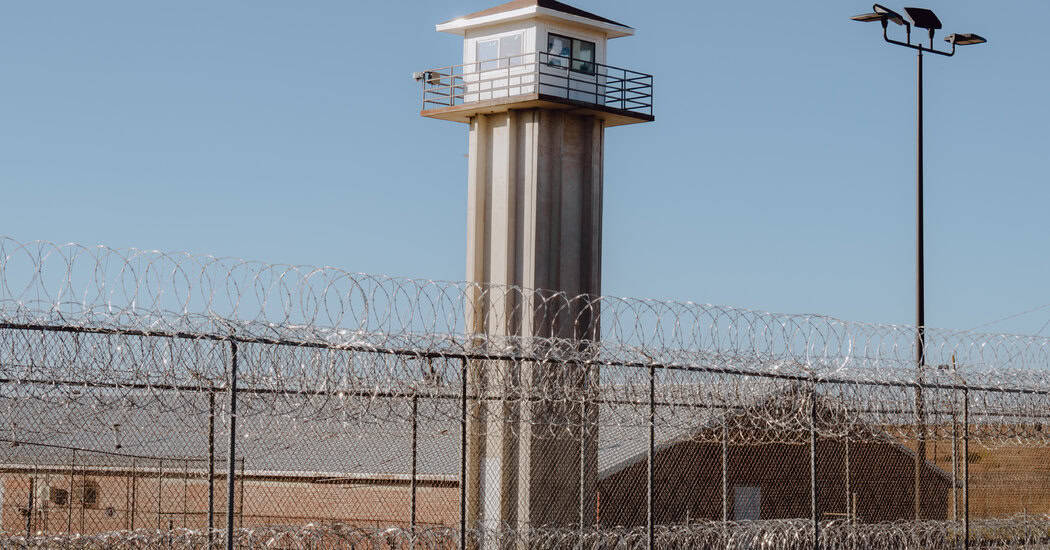
Black Prisoners Face Higher Rate of Botched Executions, Study Finds
As Clayton Lockett lay on an execution table in Oklahoma in 2014 awaiting his death, medical officials struggled to gain access to a vein to administer a lethal injection. They inserted needles in his arms, his neck, his chest and eventually his groin, where they mistakenly struck an artery. The prison warden later described it as “a bloody mess.”
The execution was called off, but with most of the drugs having already been injected, Mr. Lockett was pronounced dead on the table about 20 minutes later. Mr. Lockett’s case spurred Oklahoma to overhaul its execution protocols and, months later, the state stopped carrying out the death penalty for several years.
But a new report released by an anti-death-penalty group on Thursday suggests that the botched execution is also part of a disturbing, nationwide pattern: Executioners have botched the lethal injections of Black people, like Mr. Lockett, more than twice as often as those of white prisoners, the report said.
That finding builds on a wealth of research into racial disparities in how the U.S. judicial system administers the death penalty. The proportion of Black people on death rows is far higher than their share of the population as a whole, and one study in Philadelphia found that the people most likely to receive death sentences were Black defendants convicted of killing victims who were not Black.
The new report, from Reprieve, a human rights group that opposes the death penalty, adds to that previous research with findings that the likelihood of a botched lethal injection is also higher for Black people on death row.
“We know that there’s racism in the criminal justice system,” said Maya Foa, an executive director of Reprieve. “We know it’s there in the capital punishment system, from who gets arrested, who gets sentenced, all of it. This is, though, the first time that it’s been looked at in the context of the execution itself.”